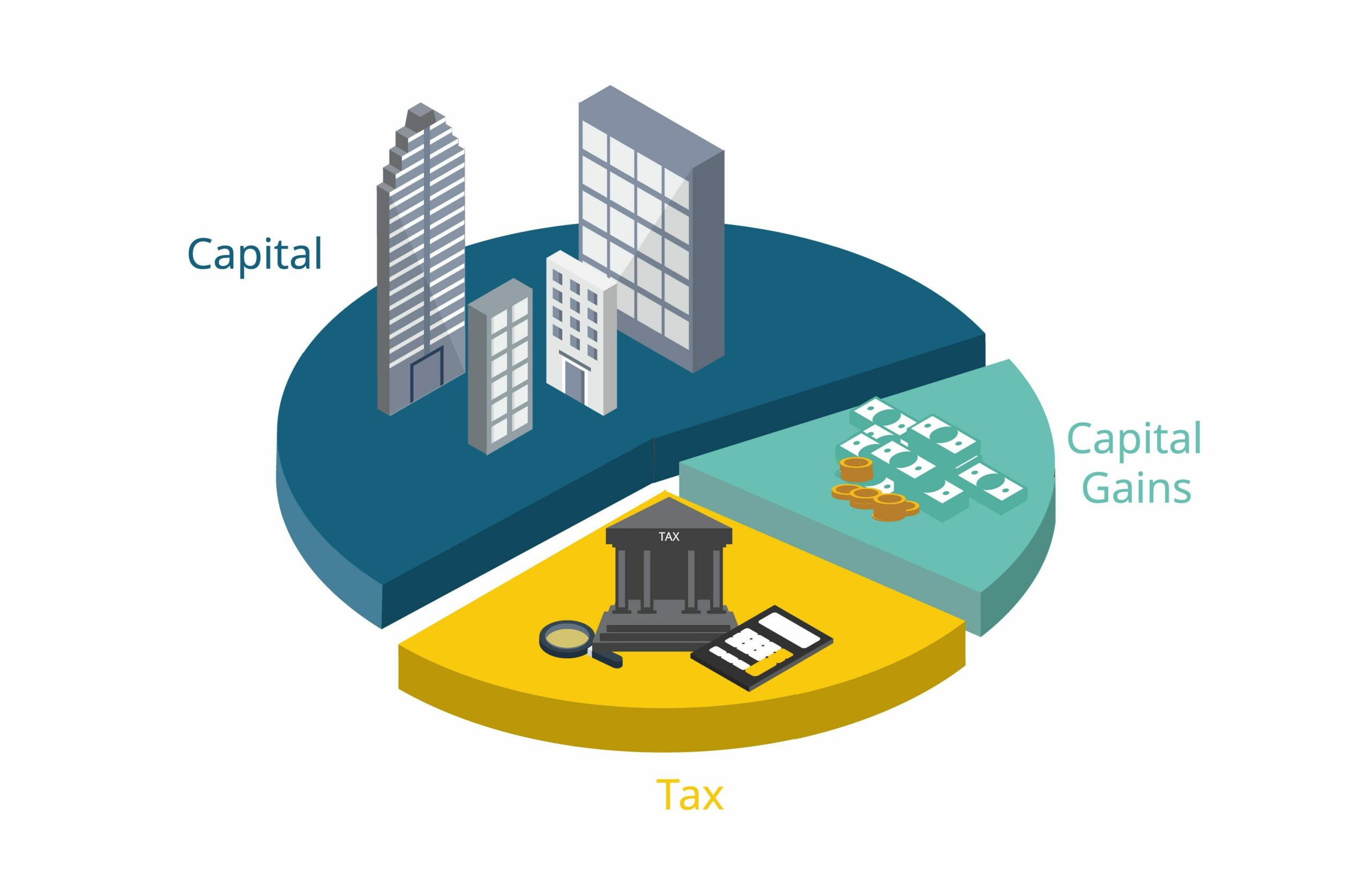It seems to have been a running theme for the last 10 years that Capital Gains Tax (“CGT”) will be reformed with the fear of every entrepreneur that it is brought in line with income tax. This has however consistently not happened despite being a way of in theory raising taxes without impacting the vast majority of the voting population.
So why has this maybe not been done up until now? In my view there are two main reasons:
Economic Growth
Substantially increasing CGT would make investing in UK companies a lot less attractive. This would be on the backdrop of years of sluggish economic growth and Labour consistently telling us that growth is a top priority. Having a taxation hike that is counter to driving the increase in investment needed to drive productivity and achieve high quality growth therefore appears to make little sense in overall terms.
Tax Planning
If CGT becomes too high then it is highly likely in my view that the tax receipts could actually decrease rather than increase as people will either arrange their business affairs in such a way that they pay lower or zero CGT through basing themselves in other taxation jurisdictions or they will not sell their assets at all.
So how might we see CGT reformed in a way that increases the tax take without having a material adverse impact on investment?
Tax free annual allowance
This has already been reduced from £6,000 to £3,000 and so reducing it to zero would appear a relatively easy change to make.
CGT rate on non-trading business disposals
This rate could be increased in order to catch the sale of assets such as second homes but the risk of doing this is it would make it less attractive for landlords and individuals to sell residential investment properties and second homes. Given the UK housing crisis this may actually make the supply of homes worse not better in the short term but in the medium to the long term may see less people investing in private rentals leaving these homes in theory available to be acquired by first time buyers.
Private Equity
Private Equity (“PE”) professionals typically benefit from sharing in the capital growth of the companies they invest in but, despite not working full-time in these companies, they usually benefit from the same CGT rate as business owners. In theory this is an easy target and one that potentially would be popular with large swathes of Labour voters. The risk however is that this fuels a lot of investment in faster growing UK companies and making significant changes could have an adverse impact on this. Perhaps we will see a slight change in the CGT rates here but not to 45%.
Whilst not CGT, what may be more likely is a restriction on the amount of interest private equity backed companies can deduct to reduce their taxable profits. This would ensure a more level playing field, in terms of the amount of corporation tax being paid, by PE backed and non-PE backed companies.
Business Asset Disposal Relief (“BADR”) or in old terminology Entrepreneurs Relief
This is perhaps the most interesting but also the most delicately balanced part of any CGT reform. Business owners take significant risks not to mention the huge amounts of work they put in to grow their companies. This often comes at the expense of their own financial return and pension planning in the earlier years. Changing this and / or the 20% rate on gains over the existing £1m limit would in my view make claims of being pro-entrepreneurs look completely baseless.
So how could this be changed? Thay may introduce a minimum number of hours being worked, similar to the existing EMI conditions. This would ensure that only those putting in the hours get the benefit. They could also cap the level of proceeds at which the 20% rate applies? The danger of this is obviously the higher the gain the more people will explore “exotic” ways to manage their potential tax liabilities.
Another more radical idea would be to increase the limit for BADR back up to say £10m and then have a flat rate of 28% on all other gains. This would mean that on a gain of £20m the effective CGT would be 19% and at £30m the effective CGT would be 22%. This would give some nice headlines and change rates but in my view would not be anti-growth.
Conclusion
Whilst none of us have crystal balls hopefully the above has shown just how complex this area is. Lazy headlines assuming that any change to CGT will be all or nothing, just shows a lack of understanding of the areas that each need to be considered in their own right. What we do know for certain is clever tax policies can and do encourage growth, get these wrong and it could be very bad for the growth prospects of the UK.
We would love to hear your views below or get in touch if you would like to discuss how we can help you better prepare for the unknown.
This material is for informational purposes only and should not be relied upon as professional advice.



